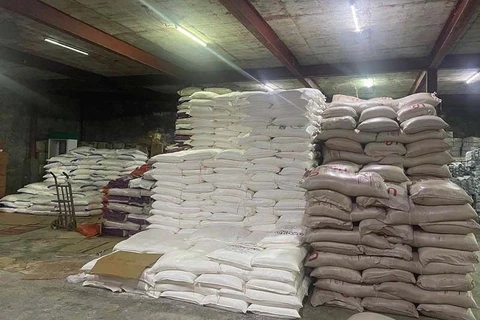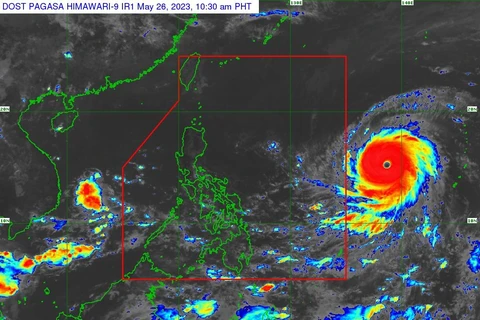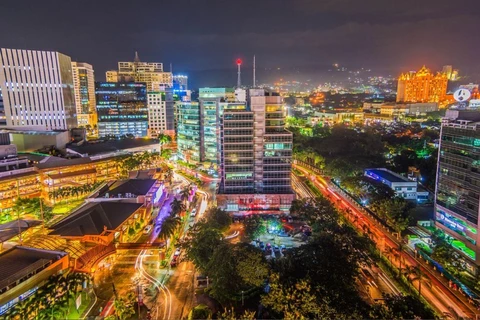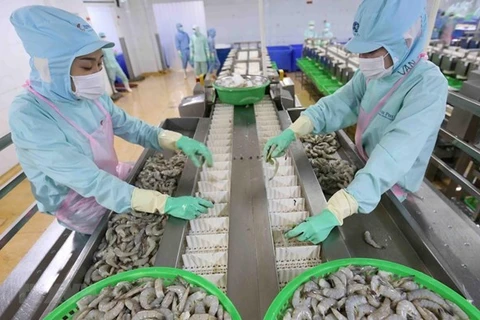Kuala Lumpur (VNA) – The World Bank's Philippines Economic Update (PEU) said on June 7 that it expects the Philippines' gross domestic product (GDP) to grow 6% this year and 5.9% in 2024 due to solid domestic demand.
According to the PEU's report, strong domestic demand is underpinned by consumer spending, drawing strength from the continuing jobs recovery and the steady flow of remittances. Fixed capital investment will also contribute to growth, domestic activity and business confidence.
The report said the services sector will continue to support growth, buoyed by spillovers from China's reopening. The recovery of international tourism will contribute to boosting the growth of transportation, accommodation, food, and wholesale and retail trade services.
It added that the country's information technology-business process outsourcing (IT-BPO) industries will continue to bolster the services sector as foreign companies outsource their business operations to the Philippines to reduce costs.
Implementing recently passed reforms that allow greater foreign participation in the economy will encourage private investment and strengthen growth in the country over the medium term.
Global risks to the Philippines' economic outlook include the possibility of rising inflation, higher interest rates, and an escalation of geopolitical tensions brought about by the Ukraine crisis, which could cause a sharper-than-expected global slowdown that hampers Philippine exports.
Within the country, high inflation remains a risk to the economic outlook due to several factors, including natural disasters affecting food supply, the threat of El Nino that could further constrain food production, logistics and supply chain challenges, and pressure from domestic demand.
Despite the higher GDP forecast, the WB stressed the need to improve the efficiency of social protection for the poor and most vulnerable as the Southeast Asian country is grappling with global uncertainties and domestic risks, including high inflation./.
























